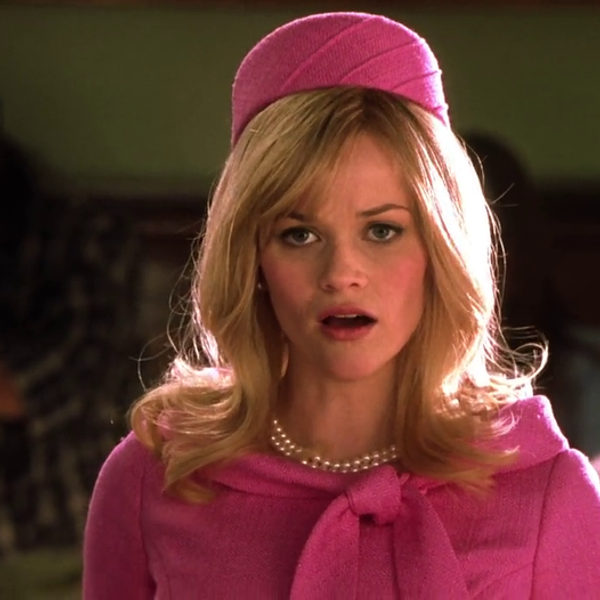There are statements and questions that are all too familiar for most bi-racial and multi-racial people.
“What are you?”
“Are you mixed?”
“What are you mixed with?”
“You act white.”
“You sound white.”
“You don’t act black.”
“You don’t sound ghetto.”
“Is your mom or dad black?”
“Do you have an afro?”
My personal favorite: “Is that your real color?”
For me, I’ve grown up feeling like I’ve
never completely belonged to one racial group. Since our society prides itself
on sorting people into different groups, categories, and boxes, they leave
multi-racial individuals in a complicated place. We’re forced to decide which
group we fit into more, but for people like me, we’re at a standstill.
I do confess that when people do say or ask one of the above statements, it doesn’t necessarily offend me, but it puts me in an awkward position. How am I supposed to respond? It’s as if people feel I should be grateful for “sounding white” and not “acting black.” In reality, these racially stereotypical statements and questions diminish the multi-racial communities’ ability to identify with the collective. I always ask myself, “what does ‘sounding white’ even mean?
For me, I’ve always felt I’ll never be ‘white enough’ to be considered white, nor will I ever be ‘black enough’ to be black. Nevertheless, I honestly feel that this should not matter. We live in a racially integrated society, governed by a bi-racial President even. You would think by now that racial stereotyping would be virtually non-existent, but bi-racials, like me, still face people trying to categorize our very beings.
Growing up, I had no idea what color was. My mom was my mom, my dad was my dad, and that was that. It wasn’t until elementary school that I realized my parents were of different races when a classmate asked me if it was ‘okay’ that my parents were married. Granted, she was five years old at the time, but my classmate actually believe that it was taboo for interracial marriages to exist! At that point in time, I felt like there was something wrong with me.
Now that I’m older, I understand there’s nothing wrong with me, but there is something wrong with the way people perceive me. We, as a society, need to stop putting people in these metaphorical categorical boxes. We don’t need to know someone’s make up in order to completely formulate our opinions and perceptions of them. Multi-racial individuals might have a different complexion, hair type, or even a face full of freckles; nonetheless, we’re the same as everyone else.
Behaving like a specific race isn’t a real phenomenon, and if you’re really curious if this is my “real color,” come find me in the winter.



















